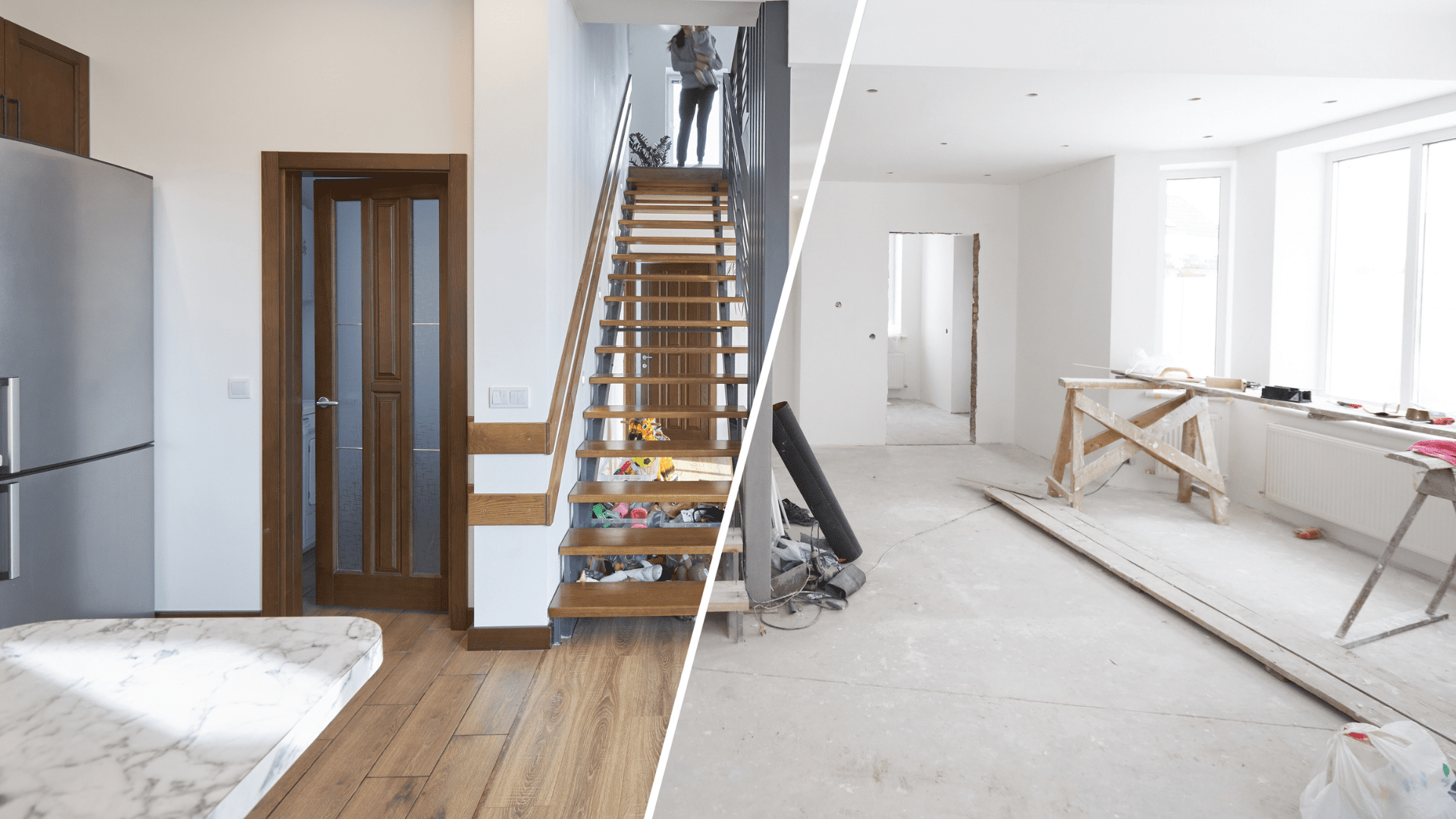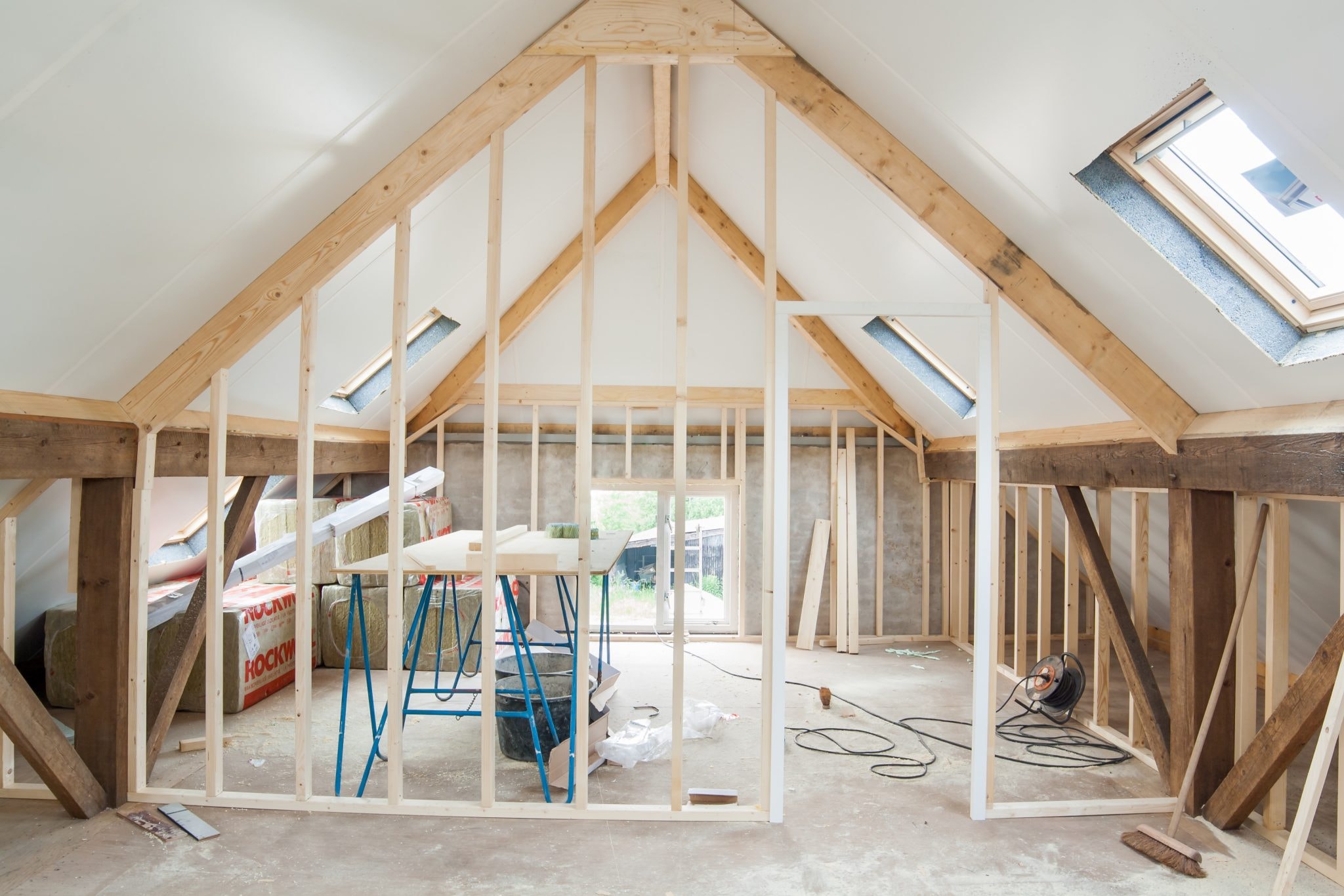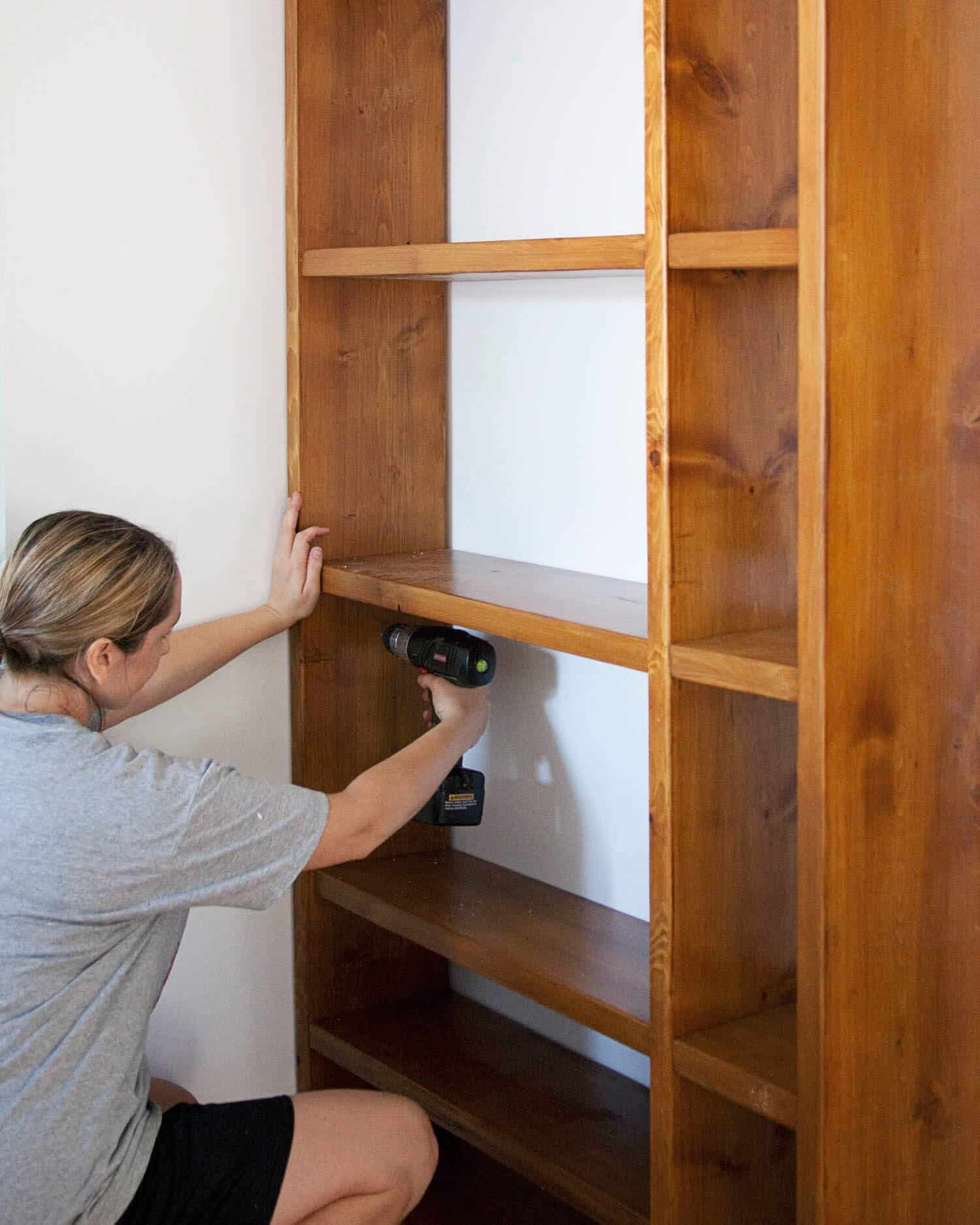My shopping cart
Your cart is currently empty.
Continue ShoppingRenovating a house can be an exciting and fulfilling project, but it also comes with a hefty price tag. From hiring contractors to purchasing materials, the costs of renovation can quickly add up. However, with careful planning and some smart choices, there are ways to save money on your renovation without compromising on the end result.
This article will provide 15 major ways on how to save money on renovation, from simple DIY techniques to cost-saving strategies for larger projects. We will cover everything from budgeting and negotiating prices to using alternative materials and making smart design choices.
Whether you're renovating your entire home or just a single room, these tips will help you stick to your budget and still achieve your desired outcome. By implementing these ideas, you can save money on your renovation without sacrificing quality or style. So let's dive in and discover how to make the most of your budget and create the home of your dreams!

Renovation is the process of making improvements or updates to a space, typically a home. It can involve anything from minor changes like repainting a room, to major projects like adding an extension or completely renovating the entire house.
The purpose of renovation may vary from improving functionality and aesthetics to increasing property value. Whatever your reasons for renovating, it's important to have a clear understanding of your goals and budget before starting the project. This will help you make informed decisions throughout the process and avoid overspending.

Now that we have a basic understanding of what renovation is, let's explore some strategies to save money on your project.
Before you begin your renovation, it's essential to determine how much money you can realistically afford to spend. Consider all the costs involved, including labor, materials, and any unexpected expenses that may arise.
Setting a budget will help you prioritize your needs and wants, and avoid overspending on unnecessary items. Stick to your budget as closely as possible throughout the renovation process.
Proper planning is crucial when it comes to saving money on renovation. Take the time to research different options for materials and contractors before making any decisions. This will give you a better idea of what's available in terms of pricing and quality, allowing you to make informed choices.
Also, consider the long-term costs of your design decisions. For example, choosing energy-efficient appliances or materials may cost more upfront but can save you money in the long run on utility bills.
One of the most significant ways to save money on renovation is by doing some of the work yourself. Simple tasks like painting walls, installing flooring or assembling furniture can be easily done without professional help.
However, it's essential to be realistic about your DIY skills and know when it's best to leave certain tasks to the experts. Attempting a complicated project without proper knowledge or experience can end up costing you more in the long run.
Don't settle for the first price you see when it comes to purchasing materials. Take the time to shop around and compare prices from different suppliers. You may also find discounts or sales on certain items, helping you save even more.
Another great tip is to consider using recycled or second-hand materials. These can be found at thrift stores, salvage yards, or through online marketplaces like Craigslist or Facebook Marketplace.
When hiring contractors for your renovation project, don't be afraid to negotiate. Get multiple quotes and use them as leverage to bargain for a better price. Some contractors may even offer discounts if you pay upfront or in cash.
It's also essential to have a detailed contract in place before any work begins. This will ensure that both parties are clear on the scope of the project and prevent any unexpected costs.
Changing the layout of a space can be costly, as it often involves moving plumbing, electrical wiring, or load-bearing walls. To save money, try to stick to the original layout as much as possible.
However, if you do want to make changes, consider simpler alternatives like repurposing existing furniture or rearranging fixtures instead of completely restructuring.
If you're working with a limited budget, it's best to focus on high-impact areas that will make the most significant difference in your home. These could include the kitchen, bathroom, or living room.
Investing in these areas can add value to your property and improve its overall appearance and functionality. Save on minor rooms or less-used spaces for later projects.
Instead of splurging on expensive materials like hardwood flooring or marble countertops, consider using cheaper alternatives that still give a similar aesthetic. For example, laminate flooring can mimic the look of hardwood at a fraction of the cost.
Also, think outside the box and repurpose items you already have. Old doors or pallets can be turned into unique furniture pieces, and leftover tiles can be used as backsplashes or accent walls.
When choosing materials and finishes, don't just look at the upfront cost. Consider the long-term maintenance costs as well. For example, a low-cost carpet may seem like a great deal initially, but it may need to be replaced more frequently than a higher-quality option.
Investing in durable and low-maintenance materials can save you money in the long run by reducing repair and replacement costs.
As mentioned earlier, moving plumbing or electrical wiring can be costly. Try to avoid this whenever possible by keeping fixtures and appliances in their current locations. This will also save you time and hassle during the renovation process.
However, if you do need to make changes, consult with a professional and consider all options before making a decision.
Timing is everything when it comes to renovation. Consider starting your project during the off-season when contractors and suppliers are less busy. This may result in lower prices and quicker completion times.
Also, try to avoid peak times for delivery or installation of materials. These periods can be more expensive due to increased demand.
Before throwing out old furniture or decor, think about ways you could repurpose them in your renovation project. A fresh coat of paint or new hardware can transform an old piece into something new and stylish.
You could also use existing items as inspiration for your design and try to replicate the look with more budget-friendly options.
Save money on decor by making your own. You could create artwork using materials you already have, or repurpose old items into unique decor pieces. There are plenty of tutorials and inspiration online to help get your creative juices flowing.
Also, consider shopping at thrift stores or garage sales for affordable decor options that can add character to your home without breaking the bank.
Finally, remember that sometimes less is more. Keeping your renovation plans simple can save you a lot of money in the long run. Stick to classic designs and neutral colors that won't go out of style quickly.
Avoid over-the-top trends that may soon become outdated, as these may end up costing you more to replace or update in the future. Simple, timeless designs can also appeal to a wider range of potential buyers if you ever decide to sell your home.

There is no specific "best" time to start a renovation project, as it ultimately depends on your personal circumstances and preferences. However, there are certain factors to consider that can help determine the ideal timing for your project.
As mentioned earlier, starting during the off-season or slow periods for contractors and suppliers may result in lower prices and quicker completion times. It's also important to consider any major events or holidays that could impact the progress of your project.
Additionally, think about how long you plan on living in your current home. If you're planning on selling in the near future, it may be beneficial to start renovations earlier so you can enjoy them before putting your house on the market. On the other hand, if you plan on living in your home for a long time, you may choose to spread out renovations over a longer period of time.
Here are a few more tips to help you save money during your renovation project:
Borrow or rent tools instead of purchasing them.
Use paint to refresh old cabinets instead of replacing them.
Consider purchasing floor models or display items for appliances and fixtures.
Opt for open shelving instead of custom cabinetry in the kitchen.
Shop at discount home improvement stores instead of high-end retailers.
Repurpose old textiles, such as curtains or sheets, as fabric for upholstery or cushions.
Look for deals on lighting fixtures and consider installing them yourself.
Donate or sell unwanted items from your renovation project to offset costs.
Utilize online tutorials and resources for DIY projects rather than hiring a professional.
Choose functional over trendy designs to avoid costly replacements in the future.
Avoid making changes once construction has begun to prevent extra expenses.
Consider doing some of the work yourself, such as painting or demolition, to lower labor costs.
By implementing these tips and being mindful of your budget, you can successfully complete a renovation project without breaking the bank.

As mentioned earlier, moving plumbing or electrical during a renovation can be costly. It is generally recommended to avoid this whenever possible and keep fixtures and appliances in their current locations.
However, there are certain situations where it may be necessary to move plumbing or electrical for safety or functionality reasons. In these cases, it's important to consult with a professional and carefully weigh the options before making a decision.
If you do need to make changes, try to plan them during the initial design phase rather than midway through construction. This can help prevent unexpected delays and expenses.
My City Doors is your premier destination for all of your home renovation needs. With a wide selection of high-quality products and exceptional customer service, we are dedicated to providing you with the best experience possible.
We offer a variety of interior and exterior doors, including swing, pocket, barn, bypass, bi-fold, magic, contemporary, custom order, double French doors and more. Our collection also includes fire-rated modern interior doors, hidden frame interior doors, and modern European style options.
We understand the importance of finding the perfect door to complement your space. That's why we offer various styles such as traditional and classic designs as well as modern and rustic options. Our doors are made with the finest materials and craftsmanship, ensuring durability and longevity. Plus, we offer a warranty and convenient resources such as installation help and a catalog.
Trust My City Doors for your renovation project and elevate the look of your home today. Contact us or visit our showroom to see our doors in person and discuss your design options with our experts.
Popular home improvement projects include kitchen cabinets remodels, house remodels, and custom cabinets, all of which can significantly enhance your home’s appeal and functionality.
You can finance a kitchen remodel through a personal loan, which can help cover the remodeling budget while keeping your project on track.
Leftover materials from remodeling projects can be stored for future use, repurposed for other projects, or donated to help others with their own house remodels.
The housing market can influence the decision to start remodeling previous projects, as a competitive market may push homeowners to renovate in order to increase their home's value or energy efficiency.
Energy-efficient kitchen reno vations, such as installing energy-efficient appliances and custom cabinets, can lower utility costs while enhancing the overall functionality and value of your kitchen.
Renovating on a budget may seem daunting, but with proper planning, prioritizing, and creativity, it can be done successfully. Remember to set a realistic budget, research cost-saving options, and be flexible with your timeline.
With these tips in mind and My City Doors by your side for all of your door needs, you can transform your home into the space you've always dreamed of without breaking the bank. So don't hesitate to start your renovation journey today! Happy renovating!